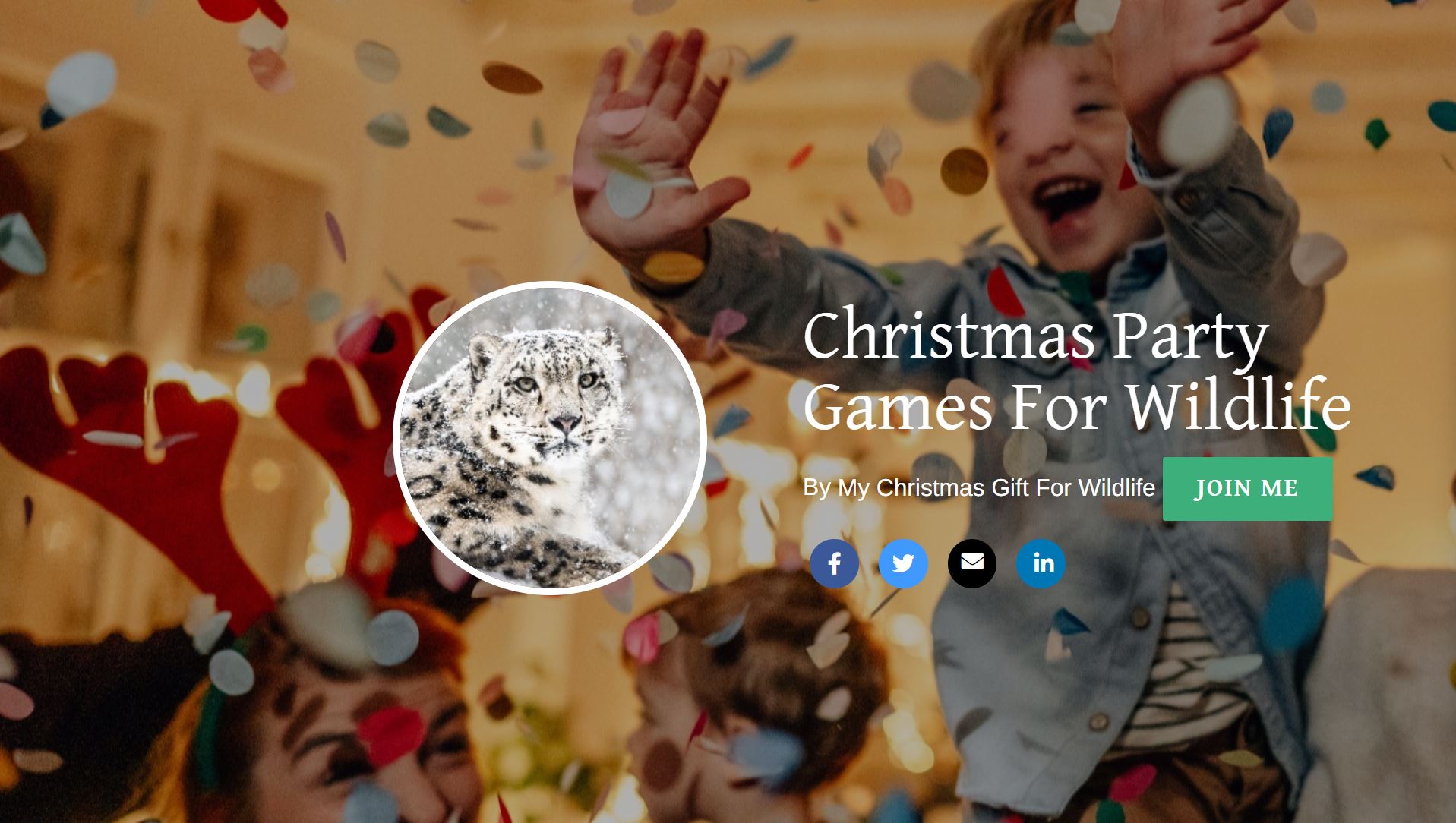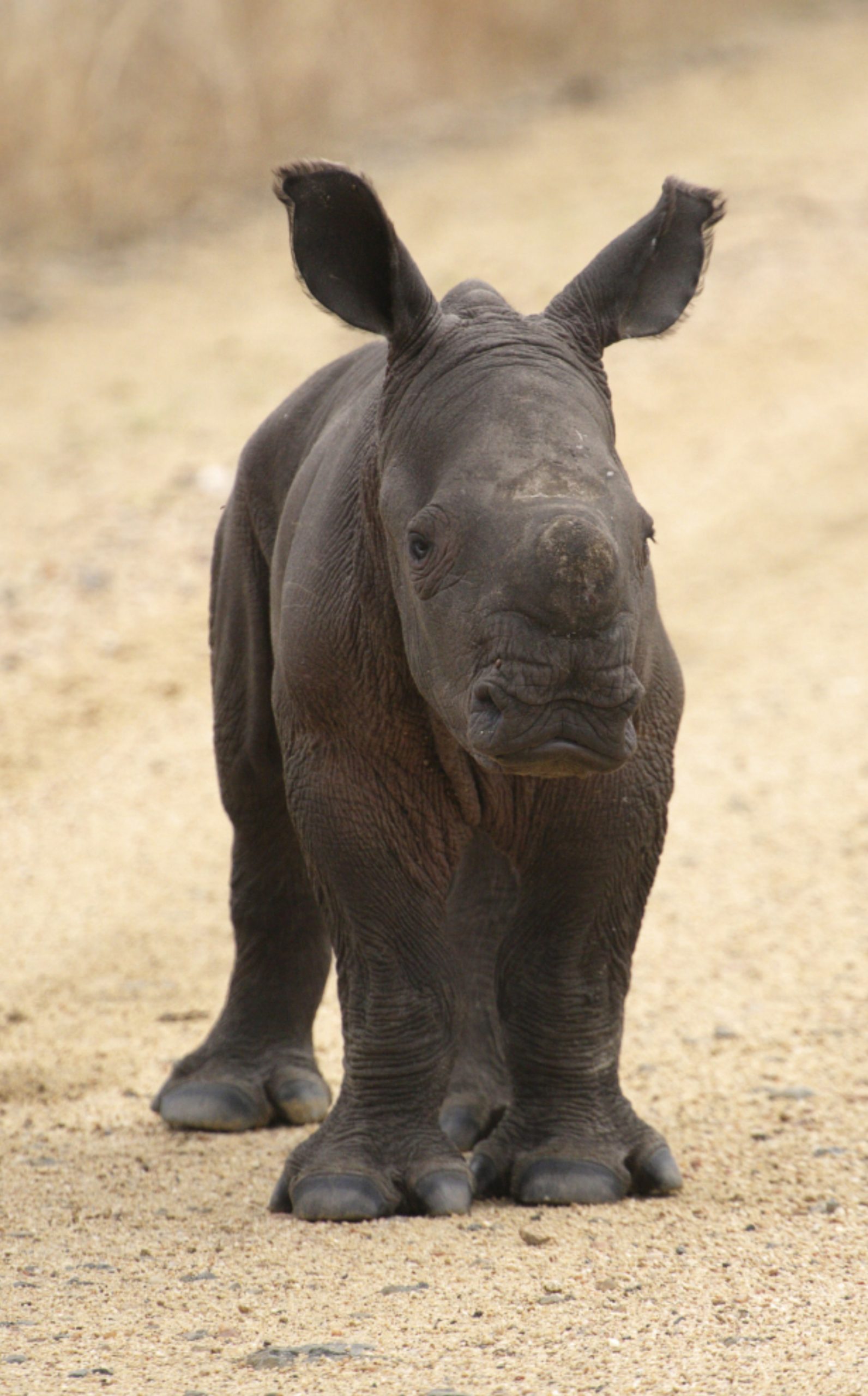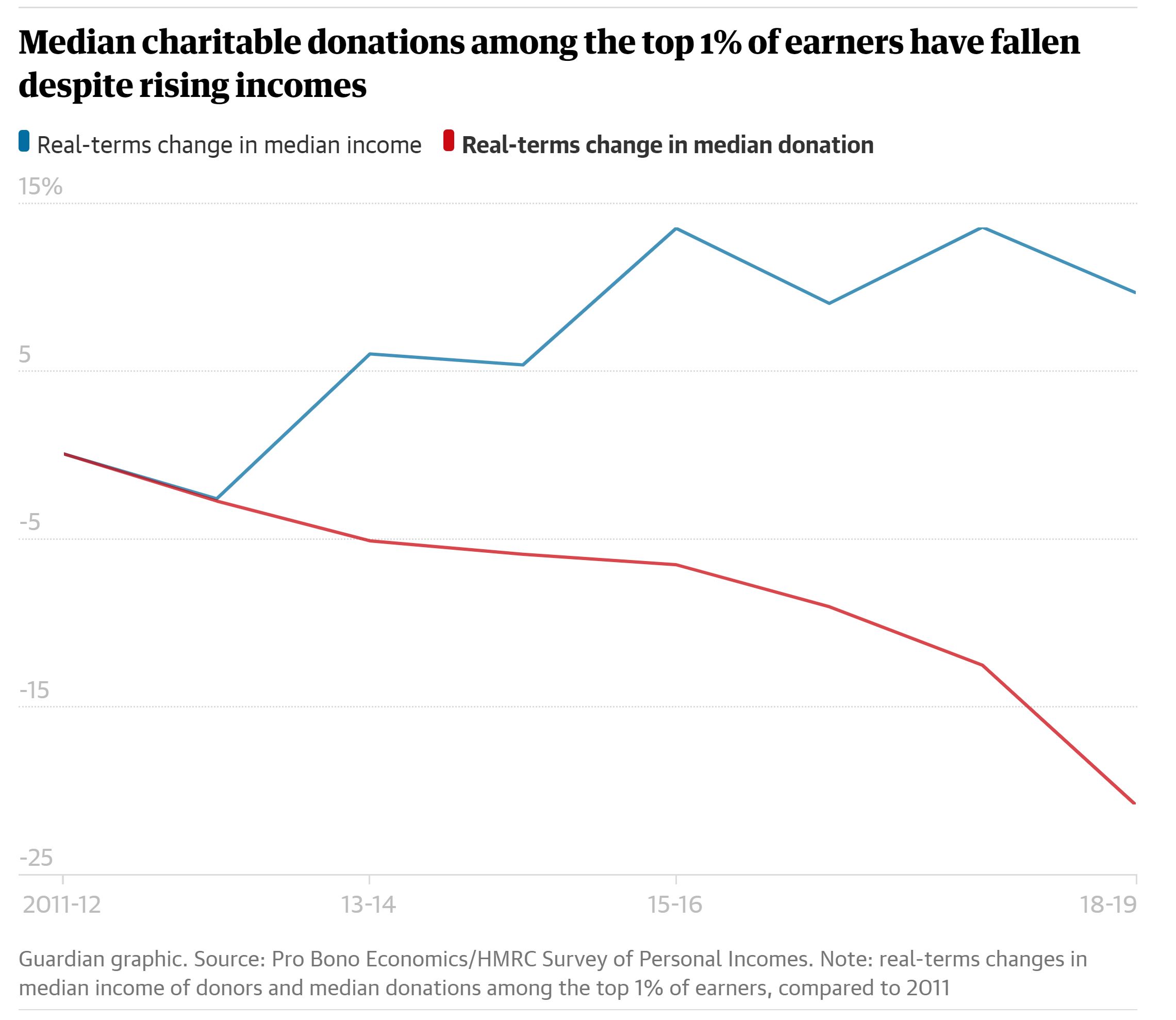
There is no more important time to think about wildlife than at the time of year focused on consumption. Unsustainable consumption is a key driver of biodiversity loss.
And while I’m not trying to be the Grinch or Ebenezer Scrooge this Christmas, why not add the gift of a donation for wildlife to your Christmas list? A small donation of a Christmas Gift For Wildlife would be very welcome.
And research shows it is needed now more than ever. In the UK, Britain’s top earners are giving less to charity while their incomes continue to rise, donations falling 20% between 2012 to 2019, resulting in a growing ‘generosity gap’.
Gus O’Donnell, who led the research by the Law Family Commission on Civil Society, urged the wealthy to “think about what you could be spending your money on this Christmas,… [is] it buying a bigger yacht or giving it to charities that can really make a difference”.
It is no surprise that he chose ‘buying a bigger yacht’ as his example, as COVID-19 triggered an immediate rise in yacht purchases and orders. One company confirmed that “Those who have been dithering over whether to buy a yacht over the last few years are now deciding to take action and go for it.” Even before the pandemic, the yacht industry was booming, with the value of the global industry, estimated to be currently worth US$64.1 Billion annually, and projected to reach US$84.7 Billion by 2027.
Additional evidence of just how much money is floating around was confirmed when Sotheby’s announced it has sold a record US$7.3bn worth of art and other collectibles so far this year – the most in its 277-year history. The auction house said on Wednesday that an “influx of younger collectors” buying luxury items such as handbags and jewellery during the pandemic had helped lift sales to the record high.
So while you may not be part of the 1% looking to upgrade your super yacht. And you may not be one of the buyers who have provided Sotheby’s its record year in its 277-year history, if you care about saving wildlife from extinction, as a result of human unchecked consumption, then please make a donation to our Christmas fundraising campaign.
In Australia, the USA, Europe and other wealthy countries in the world, there is money, but too few people make contributions, and all the evidence is that the ‘generosity gap’ is growing.
I recently received an email from someone upset at the heartbreaking news of an upswing in rhino poaching. This person is very active, in the ‘real’ world, in his work to make a difference for wildlife and the natural world. Like many he gets demoralised. My reply:
“Yes, this is indeed tragic news. Sadly, this continues to happen because too few people around the world care.
For many years now, I haven’t followed the outpouring of emotion (sadness, anger and more) on social media because it goes no further, it is people fulfilling their own need to vent their emotion and they don’t take the next step to do anything tangible for rhinos.
This is why we do World Games For Wildlife. The donations are one thing (and a huge help for our projects) but if we can get WGFW to the point it snowballs this means we are getting more people to think about the plight of wildlife. Only then do we stand a chance of seeing the changes needed.
In the meantime, we rely on organisations such as SAVE African Rhino Foundation and their work to protect insurance populations of rhinos and more. Security projects, while necessary, are responding to the symptoms of the problem while we focus on dealing with the root cause, which is “selfishness, greed and apathy” in wealthy western democracies and other wealthy countries.
We need more people contributing to saving the natural world (including consuming less). These tragedies happen because the reality, right now, is that only 0.3% of people take real action for conservation. When you look at this cold, hard fact it is not surprising that such things happen.
Activities like World Games For Wildlife can help people take one small step to help…”
I finished by saying “Stay passionately detached and stay in action”. Wildlife can’t afford for the very few people who do take real action to give up, demoralised through the public’s lack of interest. Sadly, many people do walk away, fatigued and not able to face the endless bad news and lack of action to stop the decline.

For those who can’t be with family (again) this Christmas through COVID, it is important to remember that the pandemic is zoonotic in origin, triggered because the line between people and exotic animals has long been breached for trade.
The best Christmas present you can give to your children, grandchildren, nieces and nephews is to ensure that all the wonderful, wildlife teammates we share the planet with will be around in the wild for future generations.
As you think about your Christmas gifts and games, please consider joining the Christmas Party Games For Wildlife Challenge and give a small Christmas gift of a donation to wildlife.
Wildlife doesn’t have the luxury of time. Do you really need more stuff this Christmas? The best Christmas gift is to realise how much you already have, and then to choose to give more.
Raising funds for
Nature Needs More, Active for Animals and SAVE African Rhino Foundation


